South Korea is set to introduce stringent regulations for digital assets, including non-fungible tokens (NFTs), under the new Virtual Asset User Protection Act, aiming to enhance transparency and security.
New Regulations Under the Korean Virtual Asset User Protection Act Aim to Enhance Transparency and Security in the NFT Market
According to CoinGape, South Korea has implemented comprehensive regulations under the Korean Virtual Asset User Protection Act to fortify transparency and supervision in the rapidly expanding digital asset market. These regulations impose stringent rules on non-financial tokens (NFTs) that are treated as virtual assets.
The enactment of the Korean Virtual Asset User Protection Act is anticipated to substantially change regulatory supervision within South Korea's digital asset landscape. This legislation will impose rigorous regulations on companies that issue non-fungible tokens (NFTs) classified as virtual assets, bringing a sense of security and stability to the market.
The act aims to improve governance and protection in the rapidly expanding NFT market by focusing on NFTs that exhibit extensive issuance, divisibility, and utility as a payment method. The legislation seeks to promote greater transparency and regulatory compliance among entities involved in digital asset transactions by requiring businesses to disclose their operations to regulatory authorities.
South Korea to Enforce Detailed NFT Regulations, Clarifying Virtual Asset Classification and Compliance Criteria
Implementing the Virtual Asset User Protection Act on July 19 will introduce a new era of regulatory clarity in South Korea regarding non-fungible tokens (NFTs). The Financial Services Commission has recently issued exhaustive guidelines establishing the criteria for classifying NFTs as virtual assets.
Although NFTs traded for content collection purposes are not considered virtual assets, those that exhibit characteristics of securities or function as payment methods are subject to regulatory scrutiny. The guidelines determine NFTs' virtual asset status, specifying various parameters, such as the issuance scale, divisibility, and transaction utility. Additionally, the act requires operators that issue NFTs that meet virtual asset criteria to disclose their activities to regulatory authorities, ensuring that the regulatory framework is adhered to.
NFT Operators Must Adhere to Stringent Evaluation and Reporting Standards to Avoid Penalties Under New Regulations
Operators' distribution and handling of NFTs is critical in regulatory compliance due to the issuance of exhaustive guidelines. The initial stage entails a comprehensive evaluation to determine whether the NFTs in question satisfy the criteria for classification as virtual assets.
Operators must carefully evaluate their business activities to ascertain whether they involve trading, exchange, transfer, storage, brokerage, or mediation of NFT transactions if an NFT is classified under this category, as specified in the Specific Financial Information Act. Neglecting to report activities such as virtual asset operations may result in criminal penalties. It is recommended that operators still determining the classification of NFTs seek guidance from financial authorities. Future examples will clarify the judgment criteria for individual cases.








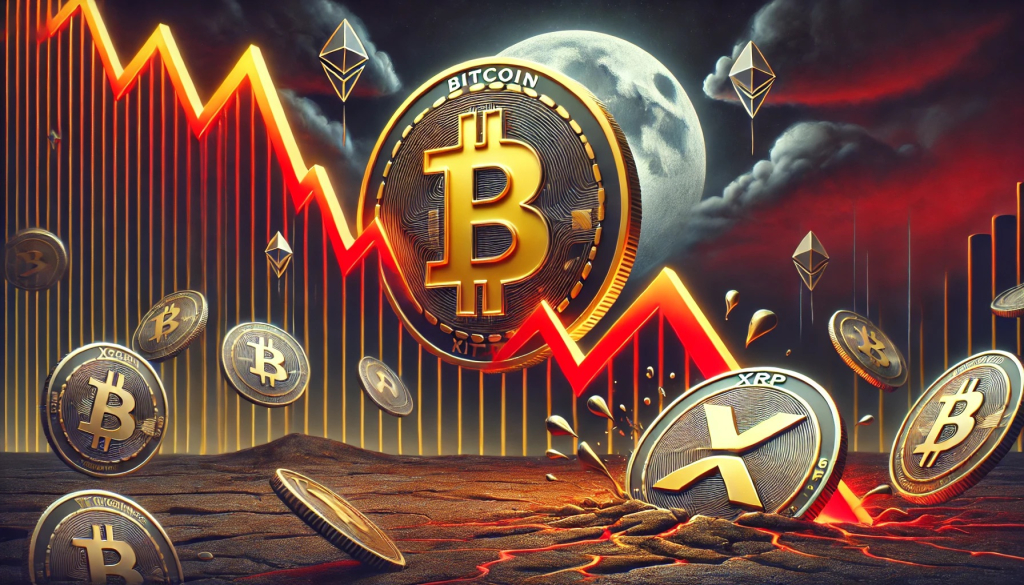
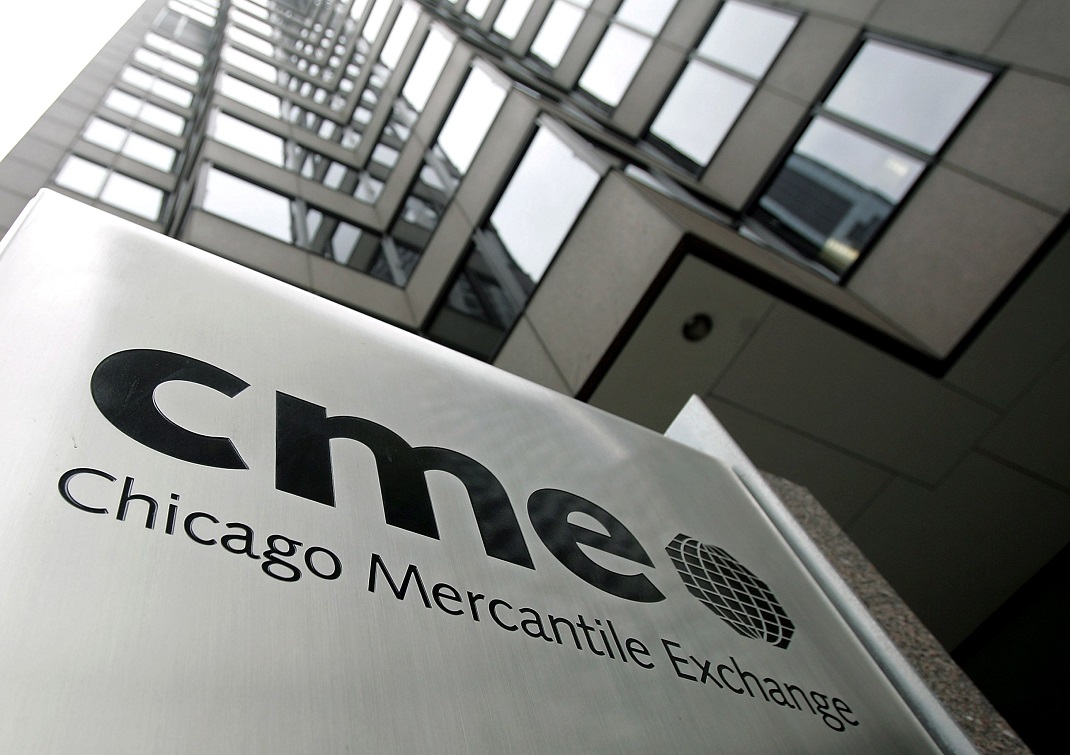

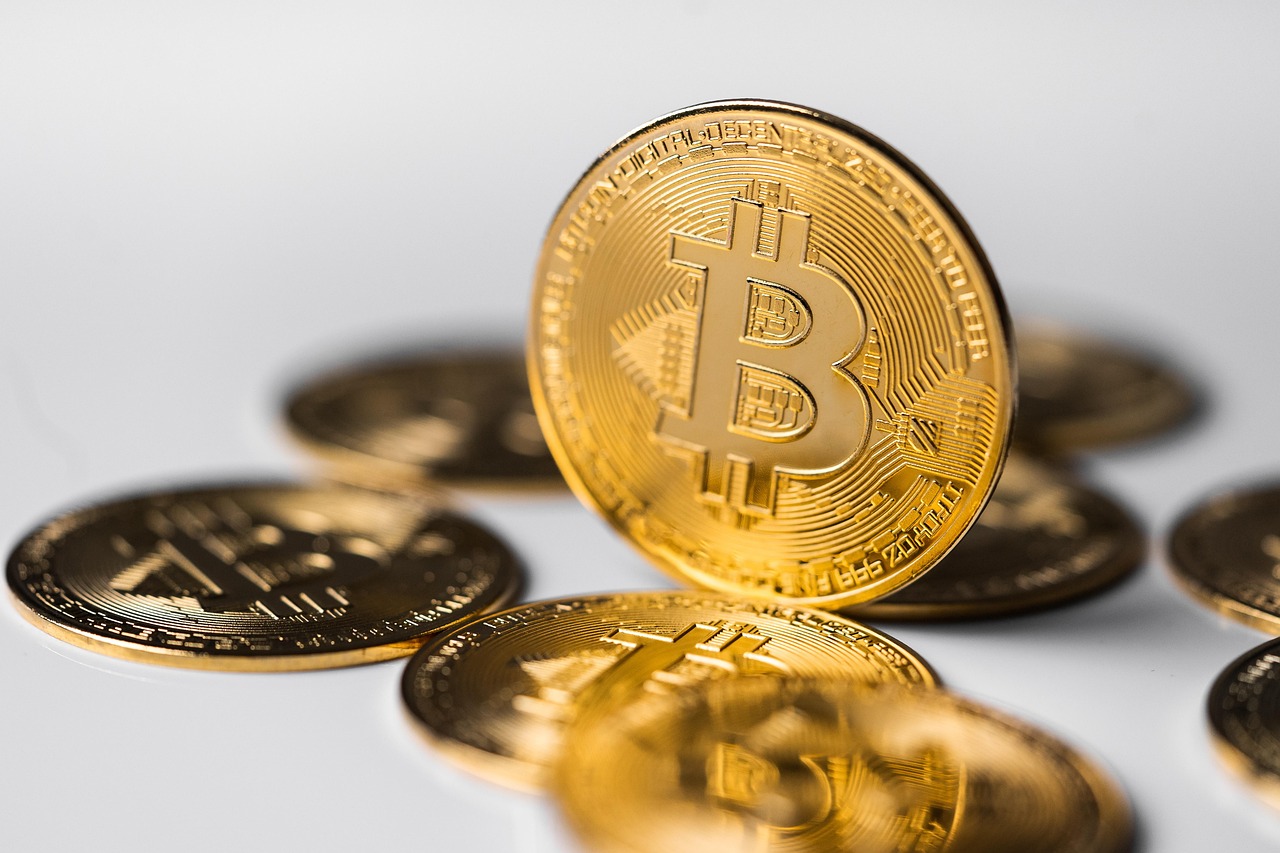

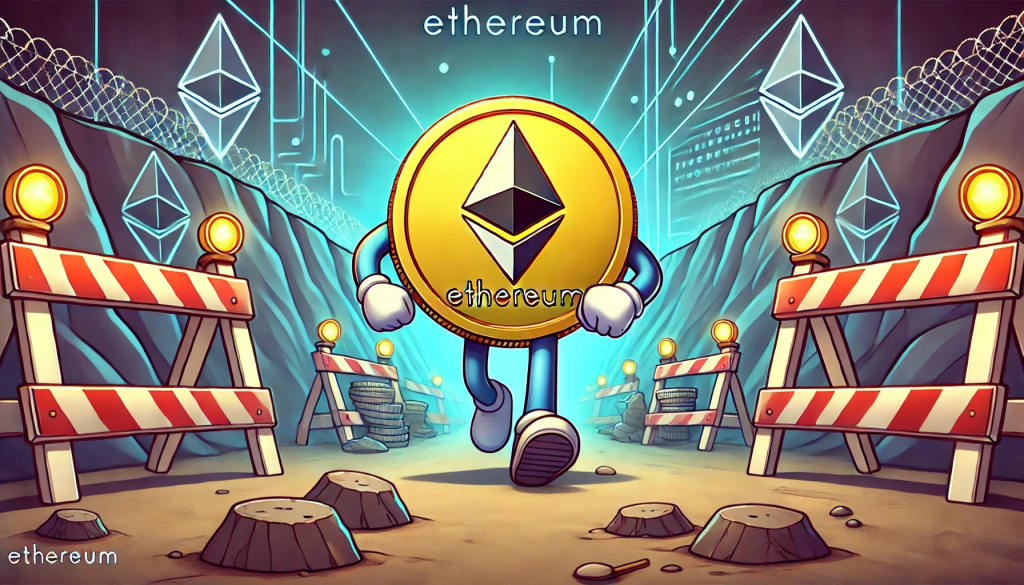

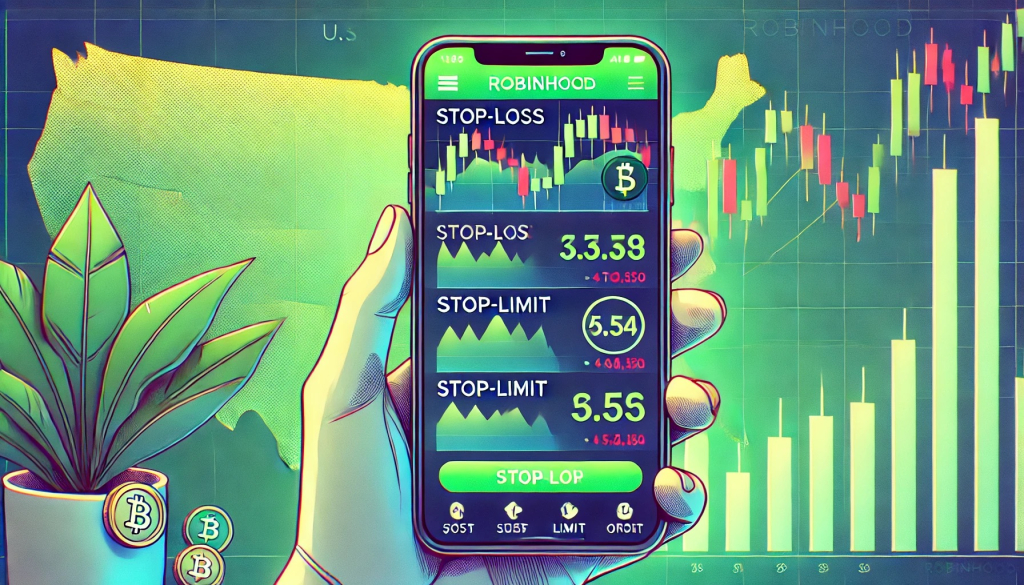










Comment 0